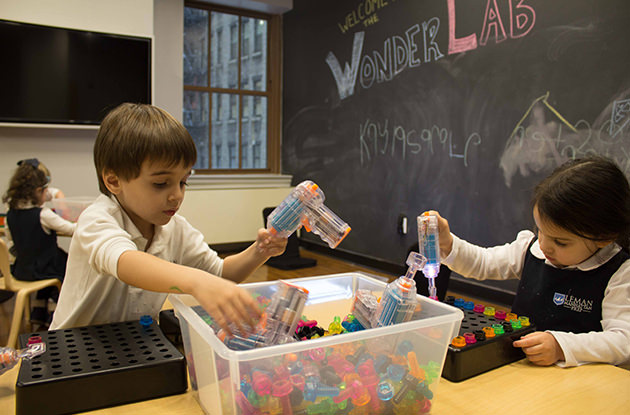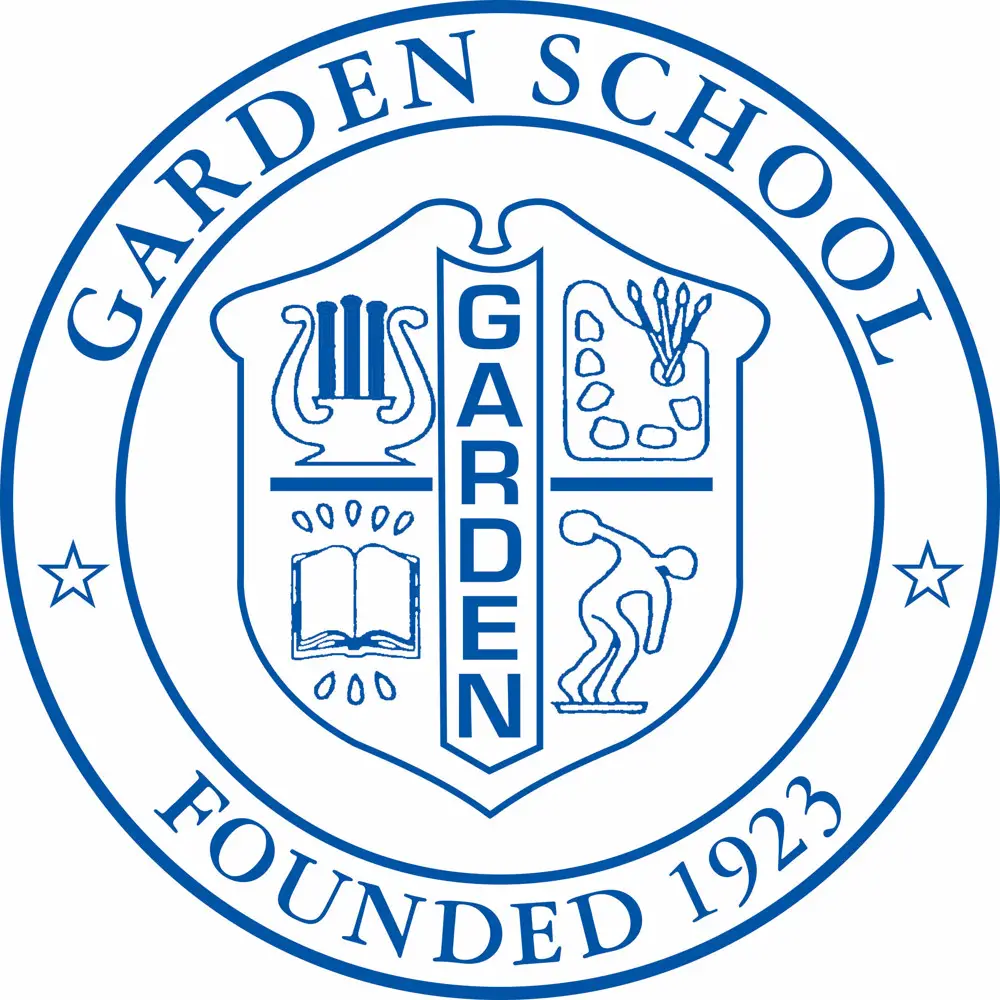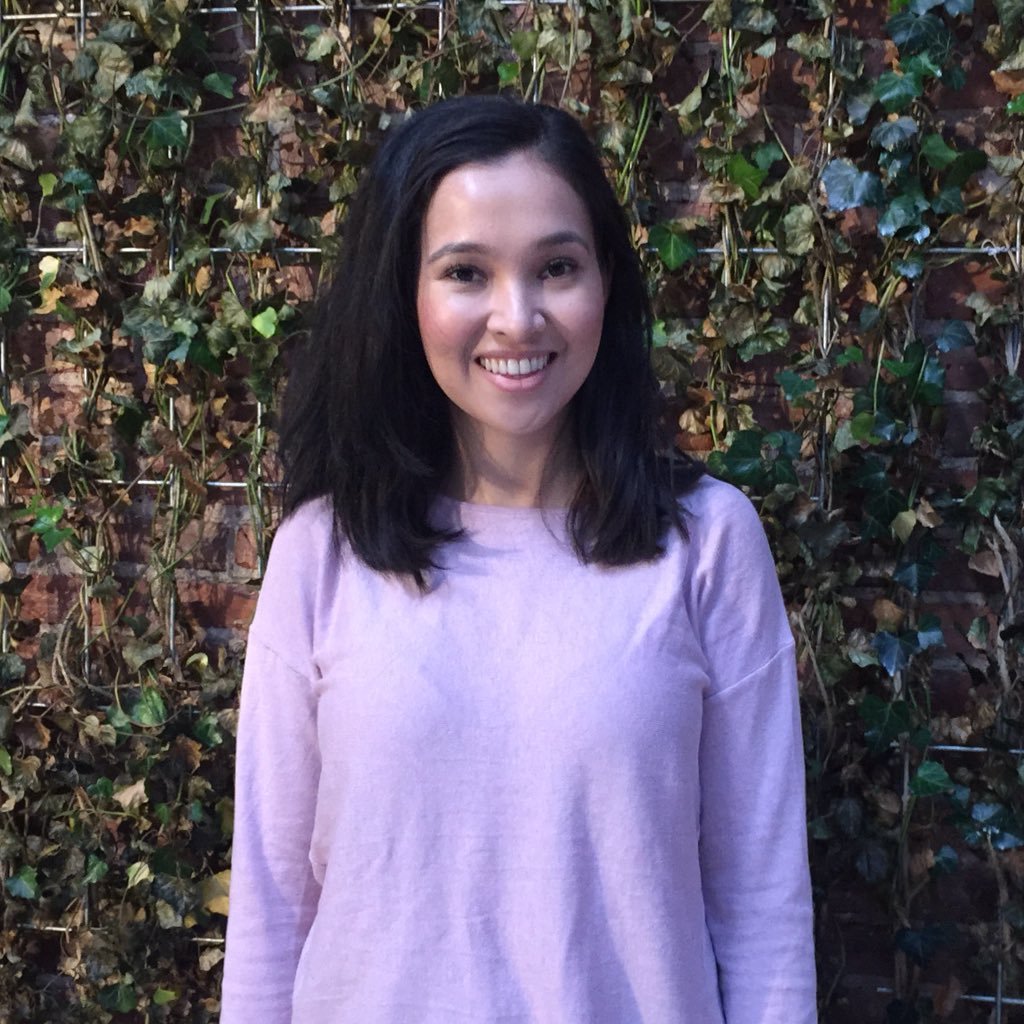

More Parenting Articles:

NYPL Celebrates Summer With Free Offerings For Families
The NYPL is giving away 500,000 books for free to kids, teens and families at all of its branch locations this summer.Latest News:

Parents Call on MTA to Remove Open-Stroller Ban on NYC Buses
New York City parents are advocating to change the open-stroller ban on NYC buses.Family Activities:
Have a Laugh:

Best Memes of the Week for Parents
Here are the funniest parenting memes from Instagram, Facebook, and Reddit this week.Featured Listings:

Gateway School (The)
New York, NY The Gateway School is an independent school on the Upper West Side of Manhattan where children ages 5-14 with learning differences become skilled, str...

A. Fantis Parochial School
Brooklyn Heights, NY Since 1963, A. Fantis Parochial School of Sts. Constantine and Helen Cathedral in Brooklyn Heights has been educating and nurturing children from pre-...

Church-in-the-Gardens Nursery School, The
Forest Hills, NY The Church-in-the-Gardens Nursery School started in 1980 as a cooperative playgroup and has been licensed by the New York City Bureau of Day Care as a...

Garden School
Jackson Heights, NY We believe that an exceptional education is a right, not a privilege. We provide an excellent academic choice that offers a realistic option for famil...


